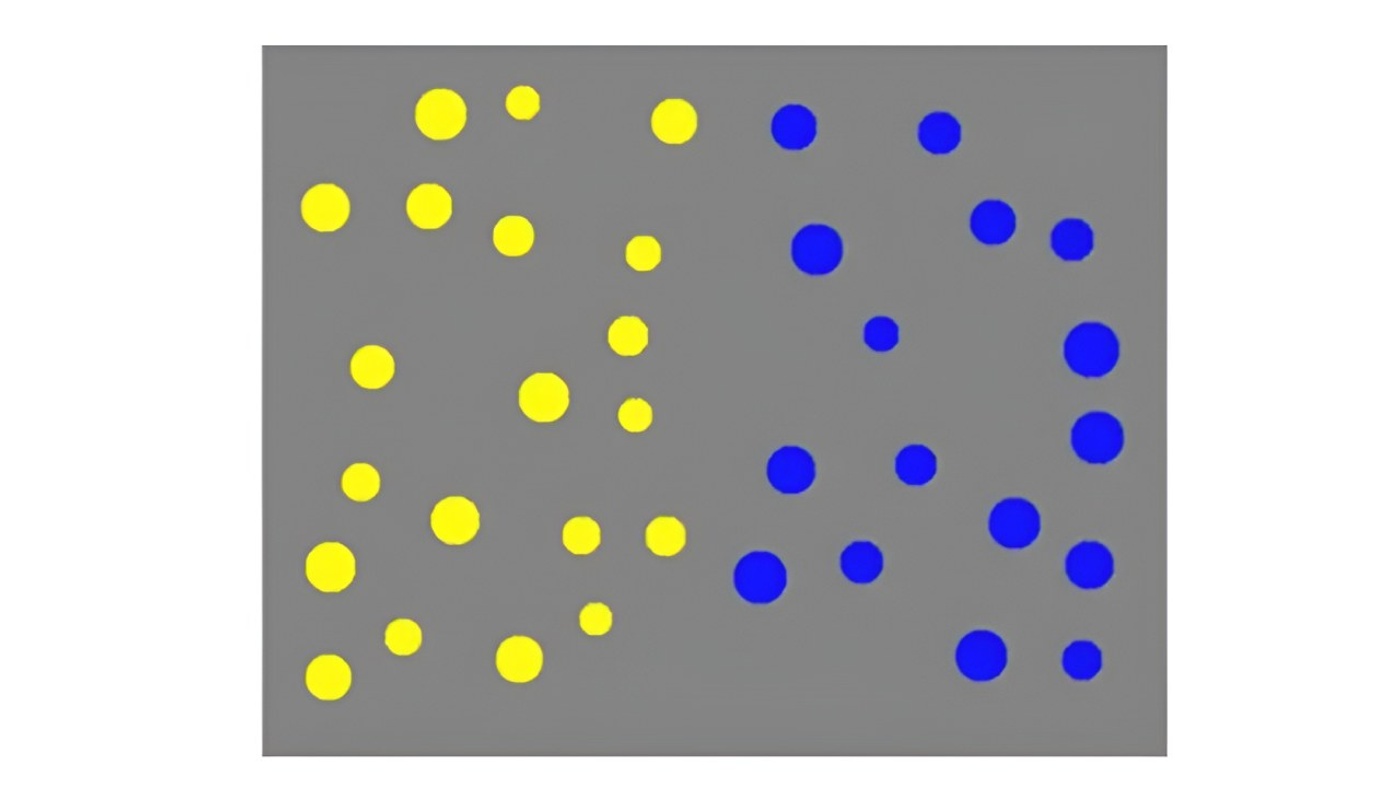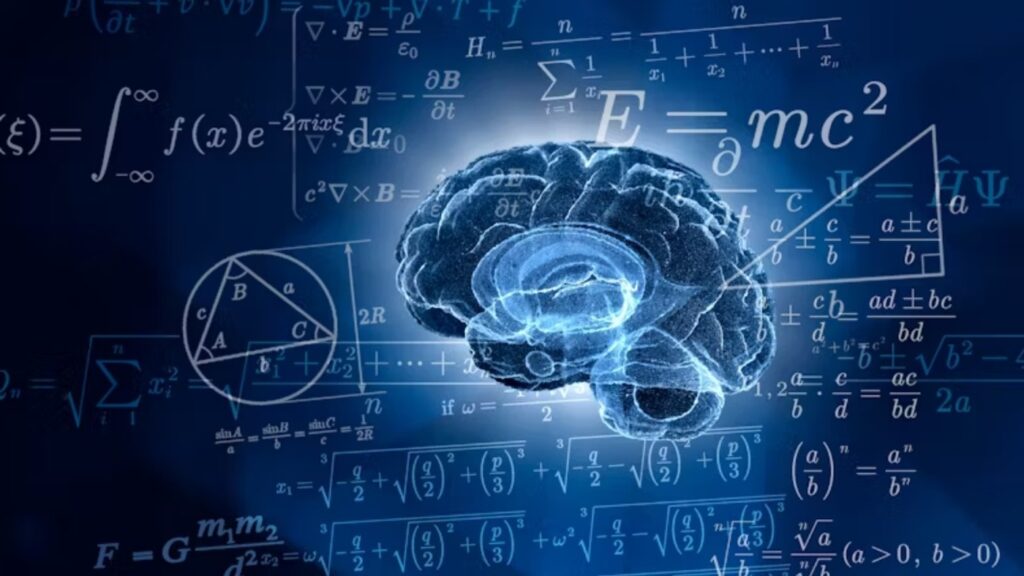Mathematical ability is seen by many either as an innate gift or a skill that can be acquired through effort later on. However, mathematics is not merely about simple arithmetic; it deeply involves logic, patterns, symbols, and shapes. Three psychologists from Johns Hopkins University conducted a study to research how an innate ability known as ‘approximate number sense’ is connected to mathematical skills in children. This ability is the skill to visually estimate which group of objects is larger, and everyone possesses this sense.
Math Ability Tests on Children
Researchers conducted experiments on children aged 3 to 5 to test their undeveloped number sense before formal education shapes it. The study used blue and yellow dots that flashed briefly on a computer screen. The children were asked to guess which color had more dots. The results showed that a well-developed number sense is directly linked to success in mathematical tests in children. These findings strengthen the relationship between number sense and mathematical ability and highlight how this skill develops through familiarity with numbers during childhood.
Early Age Numeracy in Education

This study highlights the importance for parents and educators of establishing a healthy relationship with numbers at an early age. It also shows that mathematical ability is not just an innate talent but a skill that can be developed and shaped through education. The results offer new perspectives in shaping educational approaches and pedagogical strategies.
Source: Psychology Today


